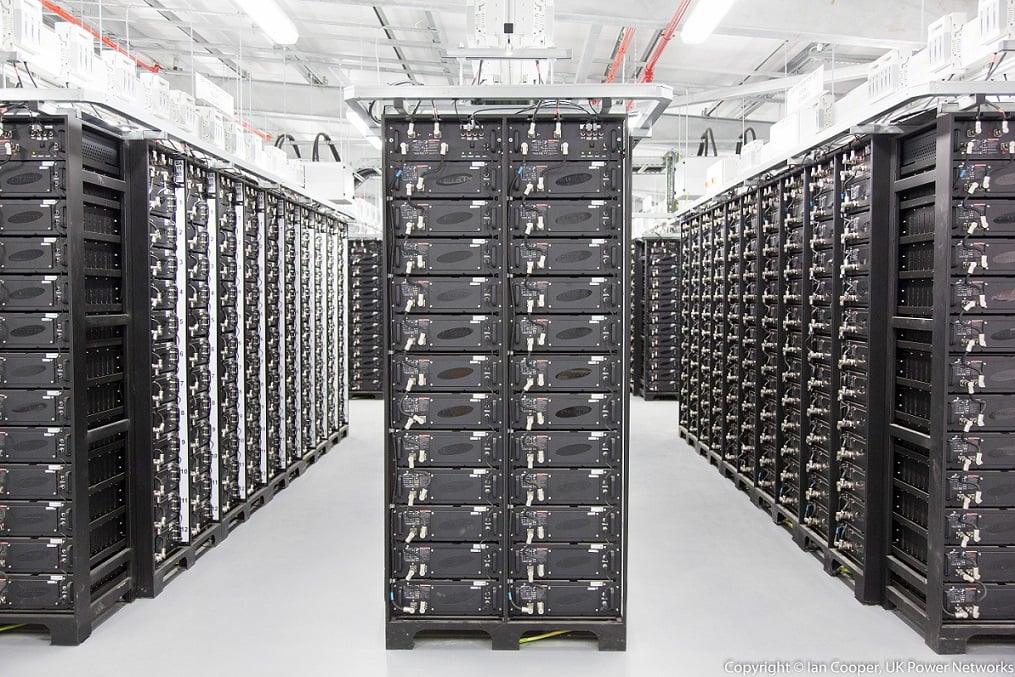UK Power Networks has revealed that its customers have benefitted from around £70 million worth of savings since 2015 through the use of flexible, distributed generation.
The distribution network operator (DNO) unveiled the savings during its annual review, published this morning, which also discussed various facets of its distribution system operator transition, a process it said would see the firm take a more proactive role in the power market.
UKPN said it had recognised that the role of a DNO “had to evolve”, with local energy markets, vehicle-to-grid/smart EV charging and connected technologies and microgeneration all playing a role, especially with consumers experiencing their own transition towards becoming ‘prosumers’ in energy.
A day in the life of a ‘prosumer’
“Our commitment to a low carbon future is nowhere more evident than in our drive to transform UK Power Networks from a more passive distribution network operator to an active distribution system operator,” UKPN said.
The network operator unveiled its DSO transition strategy in July this year, a process which it said it was pursuing amidst “radical change” to the UK power market.
UKPN added it would require “substantial” investment to transition effectively to DSO status and said it would be doing so in a phased approach, with three specific timeframes taking it from now until 2030.
The current timeframe, which sees UKPN through to next year, has seen it attempt to boost the active management of local networks, fast-track small-scale battery storage applications through a new internal process, and prepare for the launch of an open tender for local flexibility services scheduled for January 2018.
It has too invested more than £18 million in innovation projects under the RIIO-ED1 price control, delivering around £120 million worth of benefits to investors over the last two years.
Another project, the Domestic Energy Storage & Control scheme, saw it collaborate with UK battery manufacturer Powervault to install batteries in homes throughout the south-east.
Storage is playing an increasing role within UKPN’s day-to-day activities. This is perhaps best evidenced by the fact that it handled a total of 841 enquiries to connect electricity storage – mainly batteries – of varying sizes and scales to its distribution network in 2016/17 alone.
UKPN revealed that its customers have accepted offers for 900MW of electricity storage now, including notable projects such as the Clay Hill subsidy-free solar farm in Bedfordshire.
Basil Scarsella, chief executive at UK Power Networks said it was an “exciting time” to be in electricity.
“The ways that electricity is generated, distributed and consumed is transforming in front of our eyes. We are the heart of this transformation and leading the change of the future energy landscape.
“We have built strong foundations in recent years with industry leading performances in safety, customer service, reliability and innovation – bringing us closer than ever to our goal of becoming the best performing distribution network operator.”





